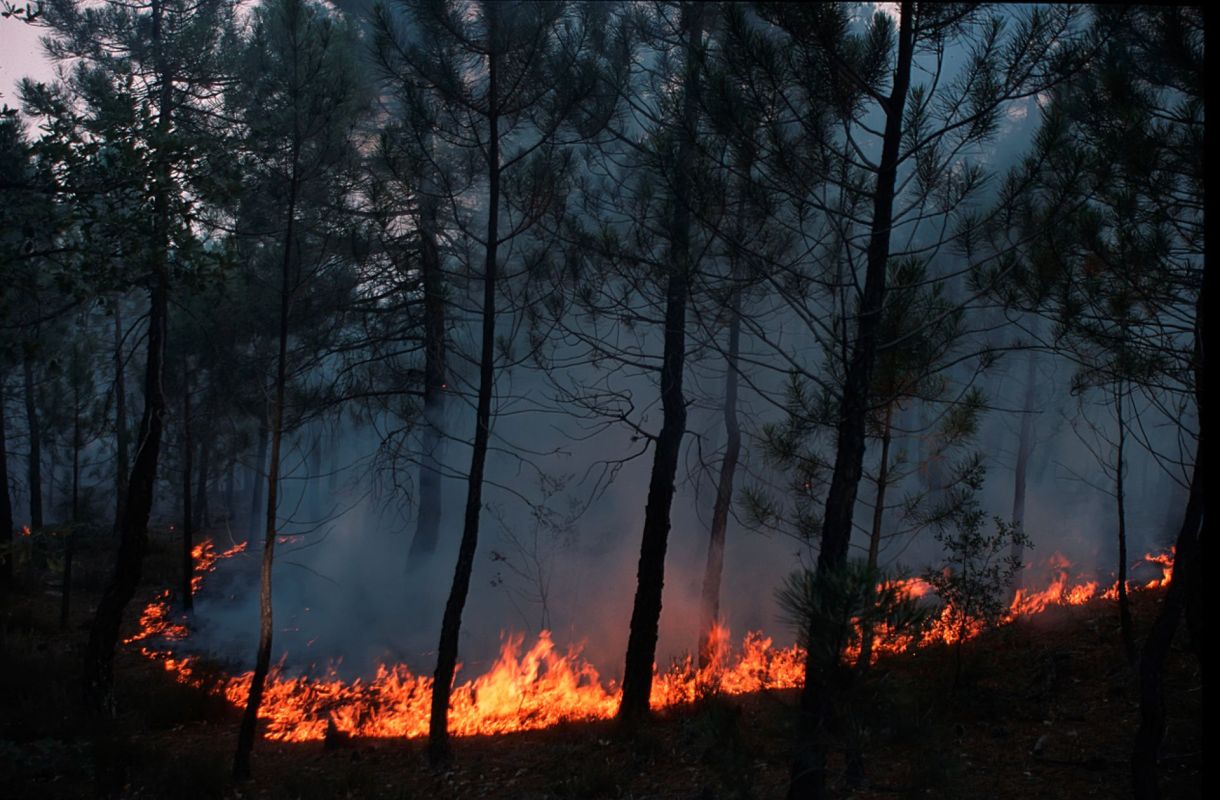Researchers have long known that controlled burning is an effective way to protect forests from falling victim to uncontrollable wildfires, but new studies have revealed that the benefits may be even greater than previously known. Unfortunately, these burns — referred to as prescribed fires by the U.S. Forest Service — face a number of obstacles, many of them political.
The latest study was one of the most ambitious ever done. A team of scientists, armed with detailed satellite imagery of California's forests over the last 20 years, identified the parts of the state that experienced low-intensity fires — similar to the prescribed fires — and compared them with the places where fires were suppressed.
What they found was significant. In coniferous forests, these low-grade fires decreased the chances of a later high-intensity fire by 64%.
It's an important finding for prescribed fire advocates, who often face scrutiny and doubt in the political arena.
"The incentive is often not to burn," wrote a research team in a recent paper in Frontiers in Ecology and Environment. But John Williams, a scientist from the University of California Davis' Department of Environmental Science and Policy, remains adamant that it will be an increasingly important means of wildfire suppression.
"Prescribed fire is one of the most important tools we have for restoring natural fire regimes and undoing the effects of a century of fire suppression," he said.
Granted, the latest study found that the benefits of low-intensity fires dropped off after six years, presumably as new growth re-supplies wildfire kindling. But in Williams' mind, that simply means that controlled burns will need to become consistent and regular environmental practice across wildfire-prone states. For context, only 370 acres were intentionally burned in California in 2019, versus the 80,000 that Williams and his team say need to burn.
These efforts will also be even more necessary as high-intensity wildfires continue to become more and more common, a pattern that is partially attributable to changes in weather events because of climate change.
To Williams and his team, the solution is clear. "There is a need for bolder leadership in support of prescribed fire," he said, "even when it is politically uncomfortable."
Join our free newsletter for weekly updates on the coolest innovations improving our lives and saving our planet.









